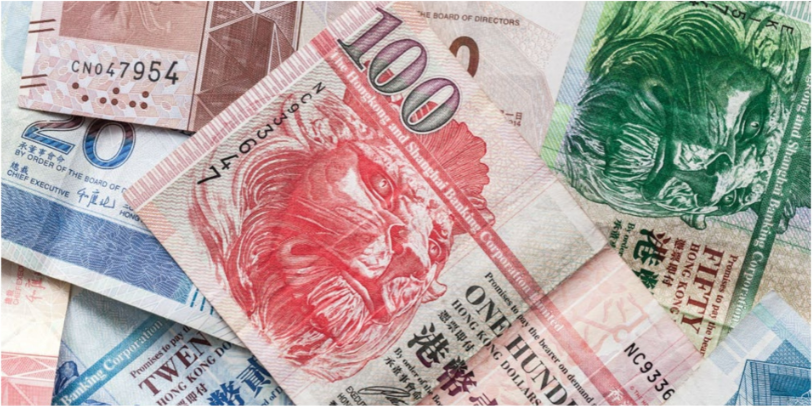Special Report – A monetary union?
Will the Greater Bay Area move towards a unified monetary system in the foreseeable future? The idea has been floated, but experts believe it will take time, with one scholar suggesting at least 20 years
Macau Business | April2024 | Special Report | Modern Finance
A common currency or an exchange rate mechanism are features of highly integrated economies. As the Guangdong Hong Kong Macau Greater Bay Area (GBA) is set to see significant progress in terms of integrated development, questions regarding the future intertwinement of the three currencies used in the three regions (yuan, Hong Kong dollar, and pataca) arise.
“I believe that ‘monetary unification’ will happen in the long term [for instance, in 20 years],” states Jacky So, Chair Professor of the School of Business at Macau University of Science and Technology (MUST) and one of the most respected voices locally in the financial area, to Macau Business.
“By that time – Professor So continues – ‘capital controls’ will no longer exist in China and Macau and Hong Kong have both become part of China.”
However, admits the same Macau-based scholar, “if for some reasons, China can still benefit from Hong Kong and Macau being international cities, she may want to continue the ‘three currencies’ practice. In other words, it may be ‘inevitable ‘ politically in the long term. However, it may not be ‘inevitable’ economically.”
“I believe that ‘monetary unification’ will happen in the long term [20 years, for instance]” – Jacky So
Emil Marques, Senior Lecturer from the Faculty of Business and Law at the University of Saint Joseph, also understands that this could happen in the long-run “for the efficient integration of the GBA”. However, he explains to Macau Business, “I believe there are more sophisticated ways for financial integration which maybe more realistic to simplify the financial integration of the GBA through the use of digital currency and automation clearing systems through the advances of the fintech” or even “the recent ability of using the MPAY system in Mainland and a number of different countries.”

Professor So explains: “Indexation is already happening, through fixed exchange rates set up by the governments. The only difference may be Hong Kong will give up its ‘currency board’ system and followed China to use a ‘managed float or free float’ exchange rate regime. As mentioned above, this may be needed because of economic developments in the long term.”
“I believe there are more sophisticated ways for financial integration which maybe more realistic to simplify the financial integration of the GBA through the use of digital currency and automation clearing systems” – Emil Marques
However, former Research Fellow, Hong Kong Institute of Monetary Research, also admits another scenario as probable: “Because of political reason (and/or economic reason), China will prefer a single currency system: RMB.”
“The change however may have a cost for China: give up capital control and RMB will be convertible without government interventions. If this is not acceptable to China, she may be better off to continue the current practice: Hong Kong and Macau can be her international arms to reach out to the world with convertible currencies.,” states Professor So.
The MUST academic, as an international finance professor, also reflected on the costs and benefits of this hypothetical change:
“Standard international economic theory tells us that government generate ‘inflation tax’ to avoid budget deficit. ‘Currency substitutes’, using three currencies in Macau, can be used to avoid such taxes by paying a price: the transaction costs. Thus, it may benefit the rich who can afford the transaction costs in holding foreign currencies or foreign bonds. The poor who cannot afford the costs may have to stick with local currency, that could be depreciating due to inflation, paying the taxes.”
“Luckily – Jacky So concludes – only big ticket items such as automobiles and apartments, and luxury goods, such as casino gaming, are quoted in foreign currency, not daily necessities. Therefore, the welfare despair of low-income families is not really too It may also explain why the government is very eager to assure ‘price stability,’ which is needed for harmony and social stability.”
Read More: Special Report – A monetary union?

